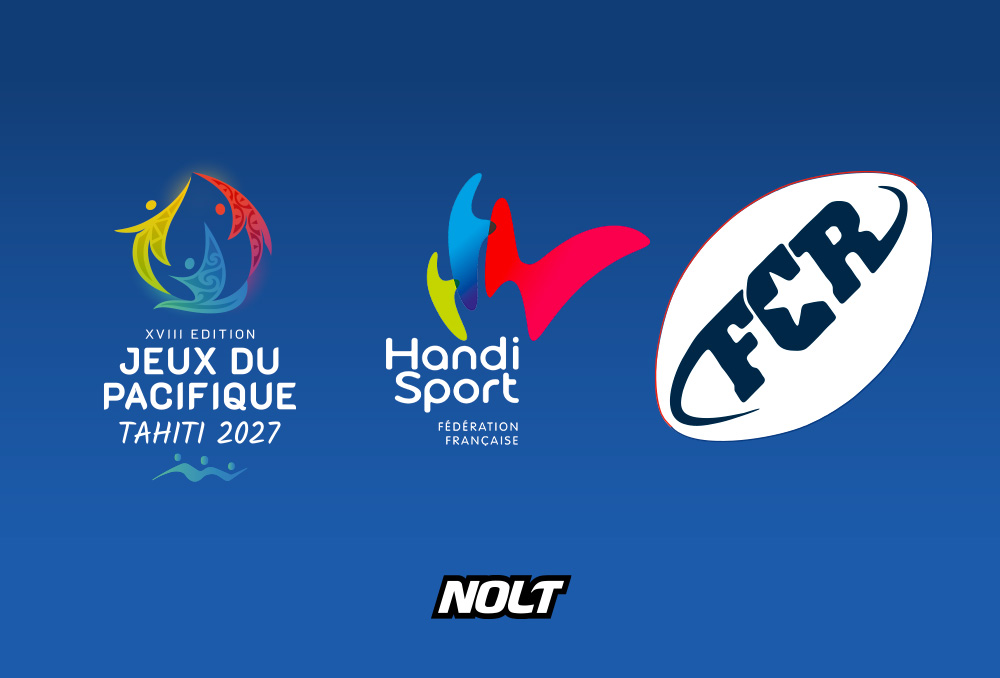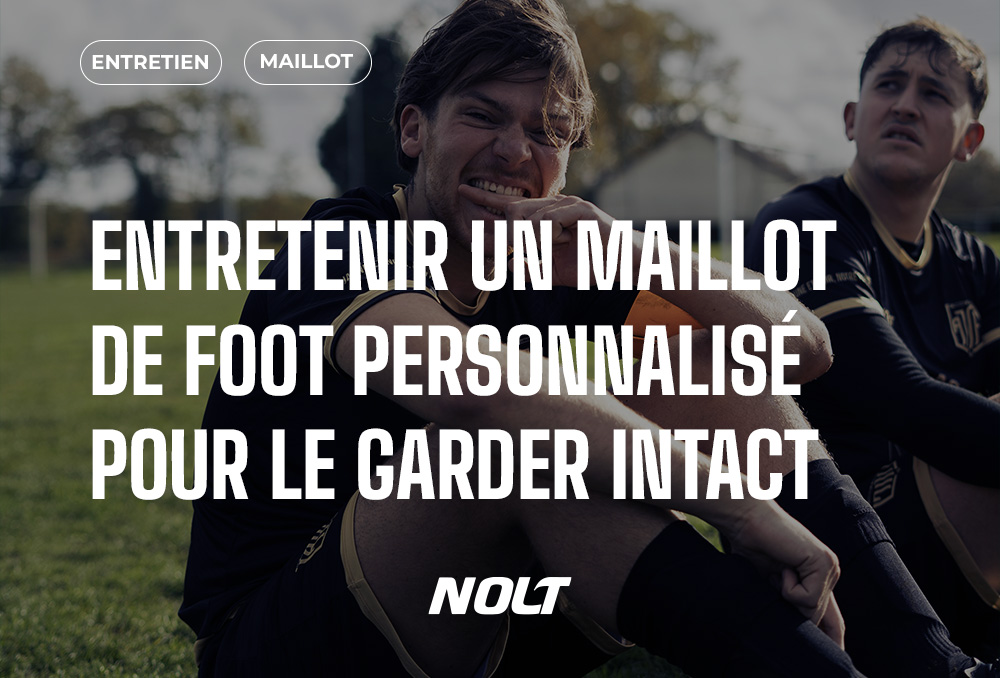Aujourd’hui NOLT, c’est plus de 2 500 maillots et 1 500 shorts conçus en polyester recyclé, plus de 750 maillots exclusivement en polyester recyclé SEAQUAL (environ 15% de déchets marins et 85% de déchets plastiques post-consommation) et des centaines de survêtements, vestes coupe-vent, chaussettes…
Au total, cela représente 55 000 bouteilles en plastique recyclées pour créer des équipements de sport avec plus de 8 000 m2 de tissu recyclé, l’équivalent de la pelouse du stade de France.
Avec les clubs, différents projets ont été menés par NOLT pour continuer sur cette perspective de changer les règles du jeu.
Ainsi le TFC, nous a permis de récupérer leurs anciens kits (maillots, shorts, survêtements, chaussettes) lors de leur changement de sponsor pour les transformer en coupelles qui seront distribuées à leurs clubs partenaires autour de Toulouse.
Une opération similaire a été réalisée avec le RCT : lors de leur changement de sponsor, nous avons également récupéré leurs maillots pour en faire des coupelles.
Nous avons aussi pu recycler en coupelles les tours de cou des 24h du Mans.
L’ensemble de ces actions nous permettent d’anticiper la loi REP (Responsabilité Élargie du Producteur) visant à la lutte contre le gaspillage et à l’économie circulaire (AGEC) qui entrera en vigueur le 1er janvier 2023. La Responsabilité Élargie du Producteur est basée sur le principe « pollueur-payeur » : les entreprises, c’est-à-dire les personnes responsables de la mise sur le marché français de certains produits, sont responsables de l’ensemble du cycle de vie de ces produits, depuis leur conception jusqu’à leur fin de vie.
La loi AGEC transforme en profondeur le système d’organisation des filières REP. Aujourd’hui, l’objectif du dispositif REP n’est plus seulement de traiter les déchets générés, mais également de les prévenir. L’article L. 541-10 du code de l’environnement a été modifié, imposant désormais aux filières REP d’intervenir sur l’ensemble du cycle de vie des produits, notamment en favorisant l’écoconception et l’allongement de la durée de vie de ces produits, ainsi qu’en soutenant la réparation et le réemploi.
Avec à ce jour, 45 clubs équipés, 2 clubs engagés dans des opérations RSE et 10 partenaires qui nous font confiance, nos clients nous permettent de faire bouger les lignes et de changer les règles du jeu en devenant de véritables acteurs de la partie.



